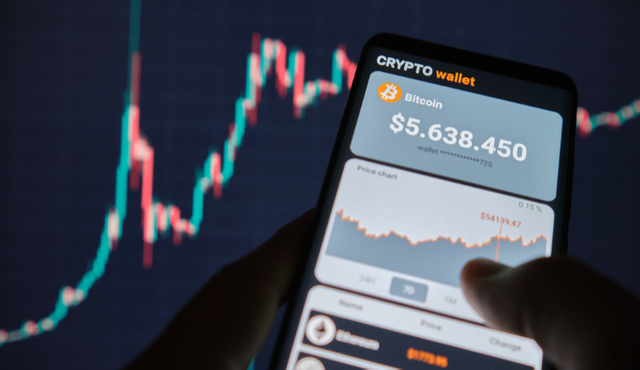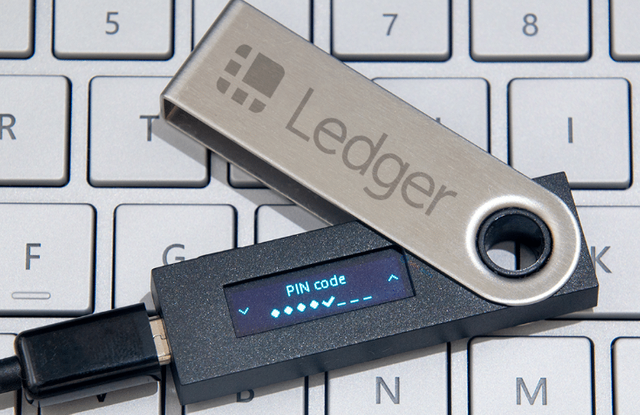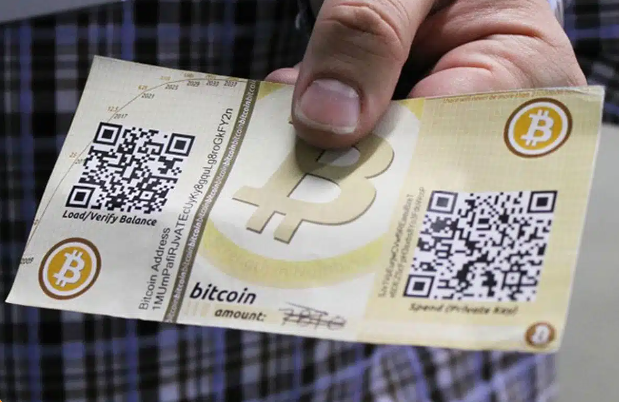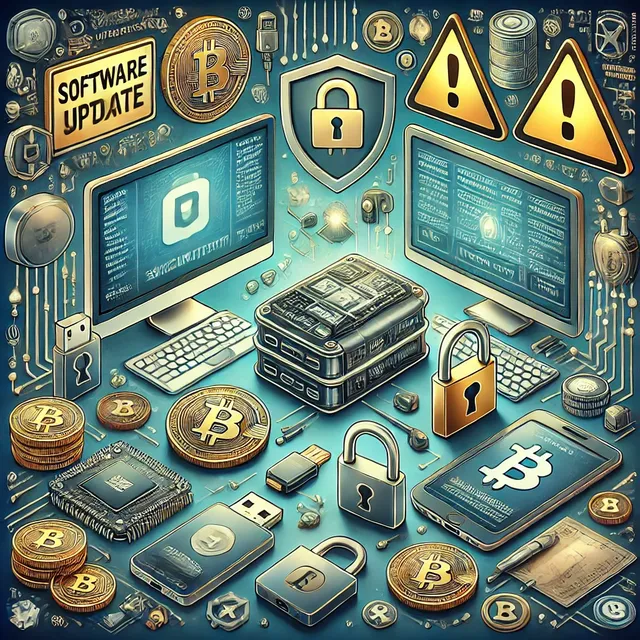Cryptocurrency Wallets for Beginners: Everything You Need to Know to Protect Your Funds

In the world of cryptocurrencies, security is paramount. Unlike traditional bank accounts, your digital assets depend entirely on the protection of your private keys. A cryptocurrency “wallet” is the tool used to store, receive, and send cryptocurrencies. In this blog, we’ll explore the different types of wallets, their advantages and disadvantages, and the best security tips to protect your crypto.

What is a Cryptocurrency Wallet?
A cryptocurrency wallet is a tool that allows you to securely store your cryptocurrencies. It doesn’t actually hold the coins themselves but rather the private keys that give you access to them. There are several types of wallets, ranging from mobile applications to physical devices, each offering different levels of security and ease of use.

Types of Wallets
Software Wallets (Digital Wallets)
Software wallets are applications or programs you can install on your computer or smartphone. Some are very user-friendly and designed for beginners, while others are more advanced and offer specific features like staking and trading.
Desktop Wallets: These are installed on computers and provide access from a secure device.
Mobile Wallets: Ideal for carrying cryptocurrency on the go and allowing quick transactions.
Advantages: Convenient and accessible.
Disadvantages: Vulnerable to malware and hacking attacks if the device is compromised.

Hardware Wallets
Hardware wallets are physical devices, like USBs, that store your private keys offline. Because they’re not connected to the internet, they are much less vulnerable to cyberattacks.
Advantages: Highly secure; ideal for long-term storage.
Disadvantages: Less convenient for daily transactions and require an initial investment.

Paper Wallets
A paper wallet is a physical printout of your private and public keys on a piece of paper. It’s a very secure option as long as the paper is stored in a safe place, but it can be risky if it’s lost or damaged.
Advantages: Not connected to the internet, making it extremely secure.
Disadvantages: If the paper is lost or damaged, you may lose access to your funds.

Best Practices to Keep Your Wallet Secure
Use Two-Factor Authentication (2FA)
Enable two-factor authentication to add an extra layer of security. With 2FA, you’ll need a second code to access your wallet, usually sent to your mobile phone or generated by an authentication app.
Back Up Your Private Keys
Private keys are the only ones that give you access to your funds. Make a secure backup of your keys in multiple places (for example, on an encrypted USB drive or on a piece of paper stored in a safe place).
Beware of Phishing and Fake Applications
Some phishing applications or sites may look like legitimate wallets. Always download wallets from official sites and verify that the application is legitimate before installing it.
Use a Hardware Wallet for Large Amounts
To store large amounts of cryptocurrency, hardware wallets are the best option due to their security. Since they are not connected to the Internet, they reduce the risk of hacking.
Regularly Update Your Software
Make sure that the software for your wallet is always up to date. Updates often include security enhancements and fix vulnerabilities.

Protecting your cryptocurrencies is essential, and a secure wallet is the first step to achieving this. Whether you choose a software wallet for daily use or a hardware wallet for greater security, applying these good practices will help you minimize risks and keep your assets protected. Remember that, ultimately, the security of your funds depends on the protection of your private keys.

Evan Koblentz: "The best way to secure your information is to be responsible in how you handle it.